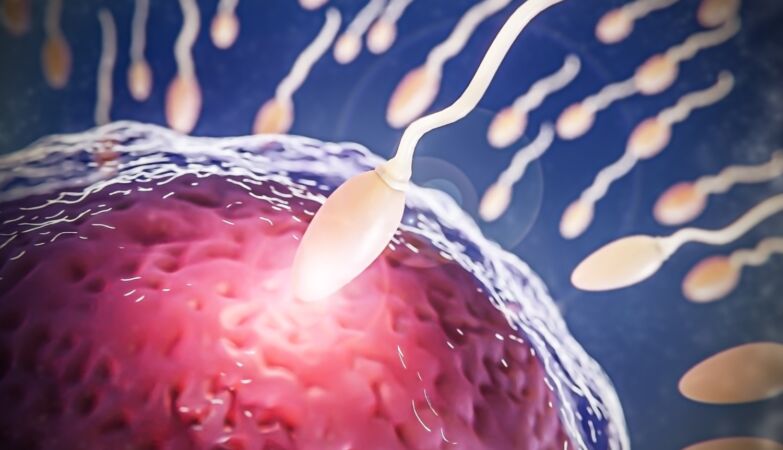Most animals, including humans, inherit the DNA within mitochondria—the cell's powerhouses—only from their mothers. All traces of the father's mitochondrial genome are destroyed the moment the sperm joins the egg.
A new study conducted by scientists at the University of Colorado in the United States revealed that when the process fails and parental mitochondria slip into the developing fetus, it may lead to the stimulation of… Neurological, behavioral and reproductive problems In adulthood.
“These results show that parental mitochondria must be rapidly removed during early development,” said researcher Ding Xue, a professor in the Department of Molecular, Cellular and Developmental Biology at the University of North America. “In addition, they offer new hope for treating diseases that can occur when this process is compromised.”
Often described as “cell batteries”, Mitochondria produce adenosine triphosphate (ATP), the energy that drives almost all cellular functions, has its own DNA, which is usually transmitted exclusively through the mother.
According to Eurek alertIn 2016, Xue published one of the first articles to explain that parental mitochondria are eliminated through a self-destruct mechanism known as “Elimination of parental mitochondria (PME),” a process documented in worms, rodents, and humans.
Some scientists suggest that after millions of other sperm fight to penetrate the egg, so do the mitochondria Exhausted and genetically damaged Which could be evolutionary catastrophic if passed on to future generations.
Since there was no certainty to prove this theory, the team decided to investigate what happens when parental mitochondria do not destroy themselves.
In the laboratory, researchers conducted a study C. elegansIt is a transparent worm that contains only 1,000 cells but develops a nervous system, intestines, muscles, and other tissues similar to those in humans.
During several experiments, the team Failed to stop PME completely In worms, evidence of how flexible this evolutionary process is. However, scientists were able to delay it by about 10 hours.
When they did this on fertilized eggs, they noticed this Significant decrease in adenosine triphosphateWhich means that in the future, worms will lead to impaired cognition, altered activity, and difficulty reproducing.
When they deal with animals properly Vitamin K2 known as MK-4The researchers were able to restore adenosine triphosphate levels in embryos and improve memory, activity and reproduction in adult worms.
the Scientific article With recent discoveries it has been published in Advancement of science.



